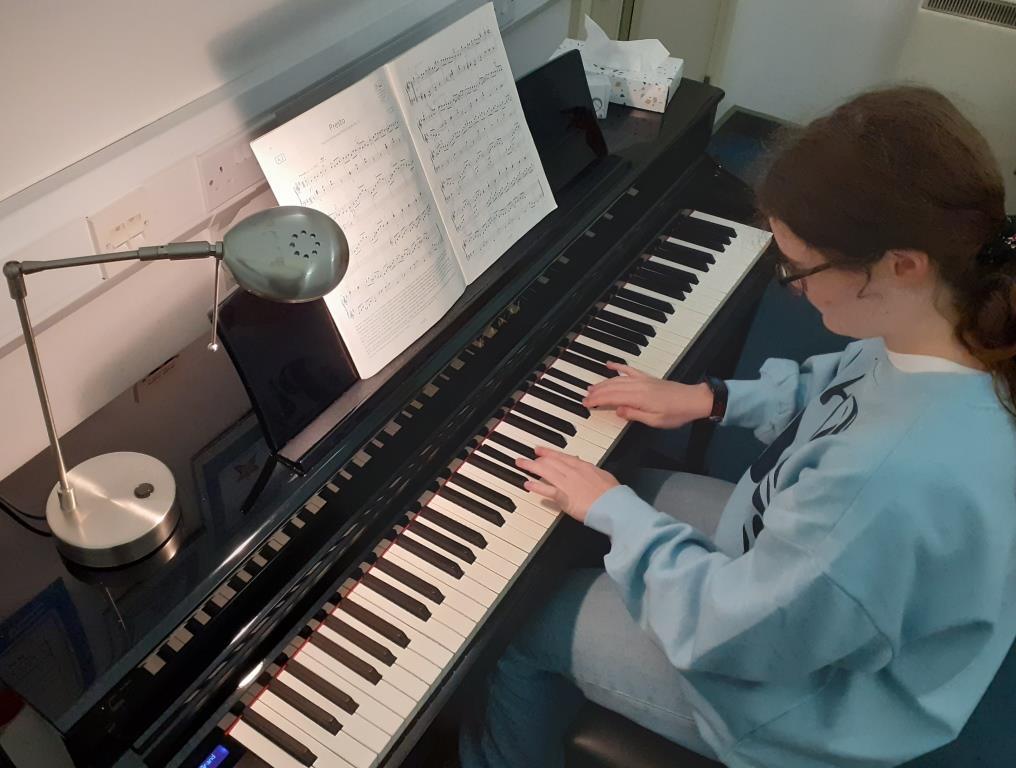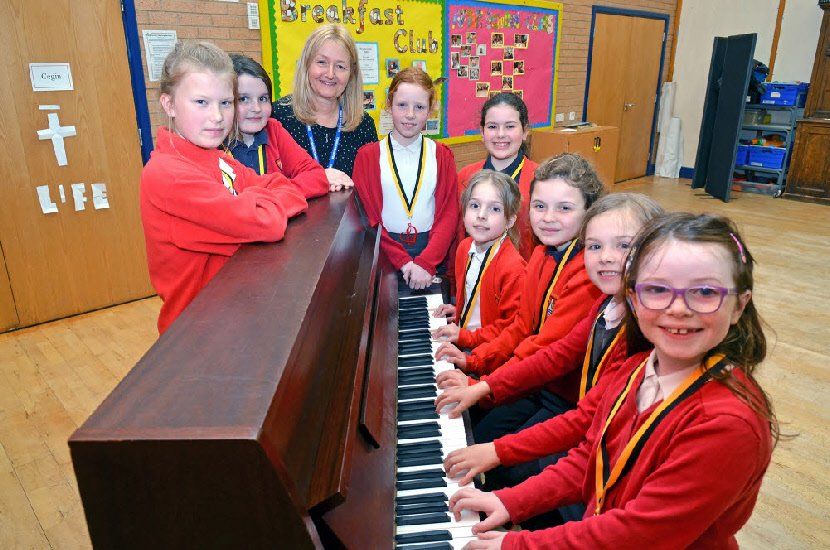Is it possible to learn to play the piano as an adult?
PAR002_123 • 23 August 2022
A resounding yes!
Many adults will think that it is too late to start learning to play, but it is never too late to start something new. In my experience most adults have had some prior knowledge of learning to play an instrument but those that don’t still make excellent progress. I find that adults are often more dedicated that children and possess a different type of curiosity.
Initially, adults learn much quicker than children. If you are not planning a career as a concert pianist too soon, you will soon be able to master some of your favourite tunes.
New Paragraph

Whatever your musical goals are, the key to a learning your pieces to a high standard of performance will often come with regular, purposeful practice. However, parents of young beginners often ask me ‘how often’ or ‘how much’ should their child practice. The answer is little and often but the amount of time spent practicing will depend on the age and level the student is working at and their musical goals. For young children who are starting out with their new instrument, the idea of practice does not need to be an essential part of the learning process in the early months of learning. For children as young as 6 or 7 years, learning to play the piano can be very exciting but also quite daunting, so initially they do not need added expectations of practice. As a teacher, I have often found that the expectation of practice between lessons can sometimes bring with it extra pressure to the learner and to their families. It defeats the object of learning to play with pleasure and I find that building up a relationship with the student is more important. Furthermore, practice and the knowledge of how-to practice is also something that young children are not always able to manage by themselves. They will need guidance and reassurance. Having an adult to sit with them can often be very rewarding for parent and child at first. Whilst practice does eventually become an essential part of learning and progress, it will evolve gradually. With young children, I have seen practice start to emerge almost straight away and other after about 3 months, but this can vary. As the learner beings to acquire more knowledge, they naturally will want to play more music. Most of my students working on the early graded exams (Grades 1, 2 & 3) would be expected to practice about 30 minutes per day. It is very rewarding to both teacher and learner to see how progress increases due to regular practice and as the learner becomes more proficient, they will become more actively involved in their learning and achievements. So, to summarise, practice can range from anywhere between 10 minutes to 4 hours a day – depending on ability and aims. For a student studying at grade 8 level, I would expect them to be practicing a minimum of 8 hours per week.


